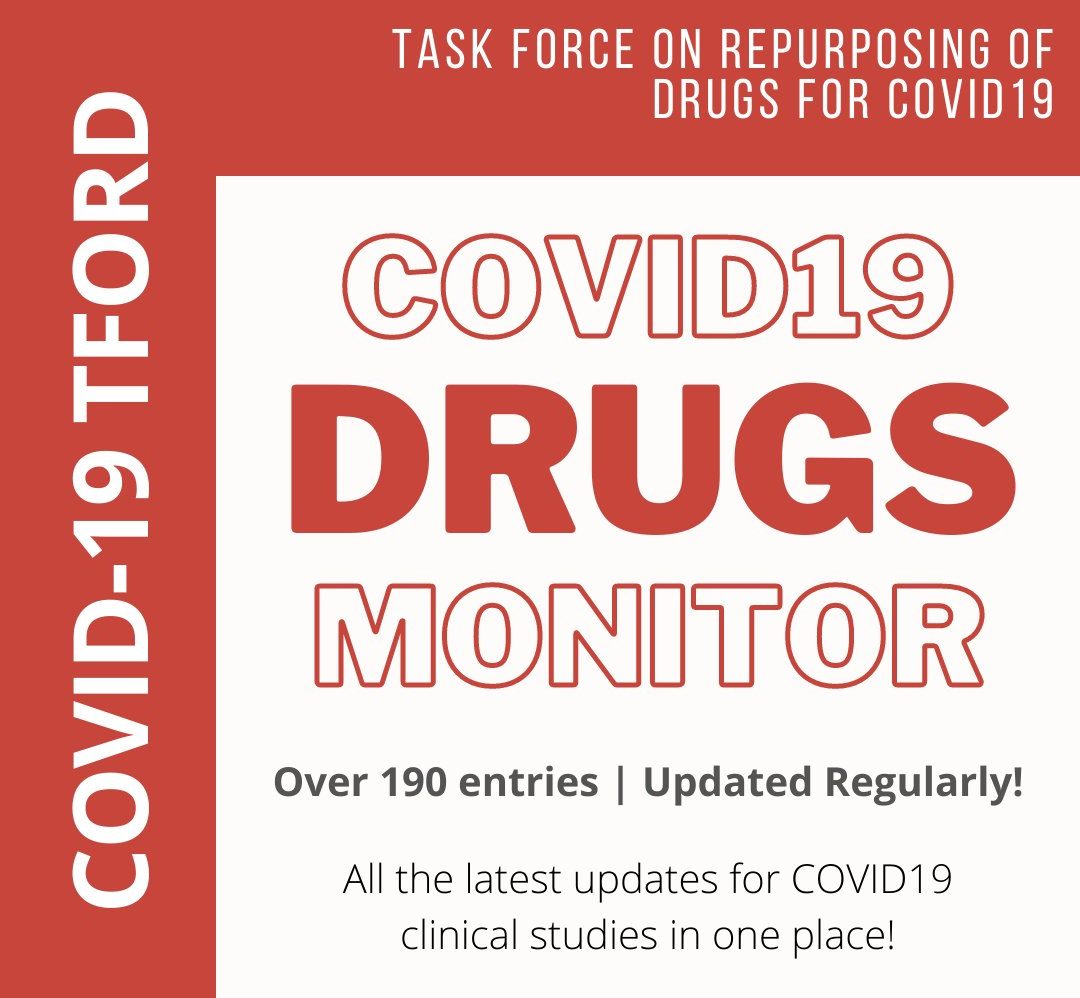(17 July 2020) Hydroxychloroquine- did not substantially reduce symptom severity in outpatients with early, mild COVID-19
Hydroxychloroquine in Nonhospitalized Adults With Early COVID-19: A Randomized Trial
https://doi.org/10.7326/M20-4207
In a randomized, double-blind, placebo-controlled trial conducted from 22 March through 20 May 2020 (ClinicalTrials.gov: NCT04308668) in symptomatic, non hospitalized adults with laboratory-confirmed COVID-19 or probable COVID-19 and high-risk exposure within 4 days of symptom onset were included. The primary end point was change in overall symptom severity over 14 days. Of 491 patients randomly assigned to a group, 423 contributed primary end point data. Of these, 341 (81%) had laboratory-confirmed infection with severe acute respiratory syndrome coronavirus 2 (SARS-CoV-2) or epidemiologically linked exposure to a person with laboratory-confirmed infection; 56% (236 of 423) were enrolled within 1 day of symptoms starting. Change in symptom severity over 14 days did not differ between the hydroxychloroquine and placebo groups (difference in symptom severity: relative, 12%; absolute, -0.27 points [95% CI, -0.61 to 0.07 points]; P = 0.117). At 14 days, 24% (49 of 201) of participants receiving hydroxychloroquine had ongoing symptoms compared with 30% (59 of 194) receiving placebo (P = 0.21). Medication adverse effects occurred in 43% (92 of 212) of participants receiving hydroxychloroquine versus 22% (46 of 211) receiving placebo (P < 0.001). With placebo, 10 hospitalizations occurred (2 non-COVID-19-related), including 1 hospitalized death. With hydroxychloroquine, 4 hospitalizations occurred plus 1 nonhospitalized death (P = 0.29). Only 58% of participants received SARS-CoV-2 testing because of severe U.S. testing shortages. Hydroxychloroquine did not substantially reduce symptom severity in outpatients with early, mild COVID-19.
